|
1. What change are you trying to achieve as organist? Go beyond the obvious "play great organ music". Think about what do you want your listeners or a congregation to do, be, or have?
2. How are you going to be different from other organists? Why they should choose you over your colleague? Is it because you are the cheapest or the most expensive they know? Is it because you have the skills that others don't? What category of organists do you belong? Or maybe have you created your own category? 3. How can you help your listeners? What problems do they have? How do you solve their problems? It may well be they even aren't aware of their problems in which case how do you create problems for them? If they don't see you as the one who might help them, then you are invisible to them. 4. What would it take for you to create amazing art? Not only music but also life-changing actions that compel your listeners to tell their friends about. 5. How do you share your art with more people? Besides your immediate family and closest friends surely there should be more people who would care deeply about what it is you can offer them. How do you reach them? Start with this before you begin preparing for your next church service, recital, or another musical adventure.
Comments
If you are preparing to play some organ pieces for a funeral, it's worth taking the time to consider these 4 qualities that this music ought to have:
1. Easy. Unlike for the weddings, usually we don't have much time to prepare the music to play for a funeral. We may get a call only a day in advance. Don't play anything that you can't play fluently after practicing for an hour or so. 2. Slow. On such occasion, you don't want to draw the attention of the people in attendance to yourself as being a virtuoso. Remember, your audience is deep in thoughts and prayers today. 3. Soft. Similarly to the previous point, if the organ plays too loud, then people will start to get an impression of the organ as being a central reason of their gathering. Today is not this day. Help their prayers and don't disturb them. 4. Hopeful. I personally found funeral marches of the 19th century composers, like Guilmant, Lefebure-Wely and others too depressing for the present times. I have played them, just as an experiment, but I believe people of today don't want to hear the music that is too sad - it just makes their state harder than it already is. Having the above points in mind, here are some pieces to get you started: Bach's chorale harmonizations, some of Pachelbel's chorale preludes and some of the slower fugues and ricercares as well as some of the ornamented chorale preludes by Buxtehude. Not all of the pieces in these collections will work for funerals so choose carefully. We all had one of those days when you don't want to practice. For a number of reasons - maybe you're tired, maybe you're upset, maybe you're not sure what to do next, maybe you're not sure if it's your thing.
Maybe today is this kind of day for you... If so, just sit down at the bench. Just do it. Feel the urge to run away from the instrument, acknowledge this urge but don't act on it - it will pass, like a dark cloud in the sky. You can do it. You've done it before. Just sit down at the instrument and everything else will take care of itself. Imagine that you have agreed to help out your friend by playing the piece she created on the organ for the Communion. There will be a total of 3 friends performing together: a flutist, a singer, and an organist.
First of all, it's good you took up the challenge to help your friend with performance - you will definitely be curious to look at the piece that your comrade created. The author of this piece also deserves some words of praise for being brave and putting herself on the line. To play the pieces created by real master is of course very pleasant but you will get an entirely different feeling when performing your own composition. Besides, playing together with a friend, you will surely have this thought: "I think I could do something like this, too. If she has done it, perhaps I also should try." Obviously all of the advice in this article will be valid if you play pieces by other composers for chamber ensembles. It might well be that you are pretty confident on the piano but still new at the organ - perhaps you haven't had much experience playing different instruments in public. Perhaps the pedal part of this piece is not very challenging (a composition for Communion can't really be very virtuosic), but as you prepare for its performance, you will have to face 3 main difficulties: 1. To figure out which stops you want to use (because the author of this piece probably isn't an organist herself and didn't indicate the precise registration. 2. To adjust the stops you want to use to the real situation you will have during this church service. 3. To rehearse the piece so well that all 3 of you can perform it with a peace of mind. It shouldn't be very difficult to figure out the registration of the piece, if you are familiar with the organ and its construction. Most often in an ensemble we use a few flute stops of different pitch level (8' and 4'). For the pedal part, if you play the lowest part with your feet, choose 16' and 8' flutes. In case there are some places in this piece when the organ part needs to emphasize some melodic voice in the soprano or tenor, it's nice to assign this part a separate manual with a solo registration. Usually when we play in ensemble with other musicians, we have to keep in mind the loudness level of other instruments. If the flute plays a solo part in this group, then surely stronger reed stops (Trompette, Posaune, Bombarde, Clairon etc.) will be too much for the soloist. Of course, during the church service reeds must be chosen carefully. During Communion the music should have a meditative and prayerful character. Therefore, even if you chose some kind of solo reed stop, it would be best if it was rather soft - Oboe, Clarinette, Vox Humana, Krummhorn etc. For the fullness of sound 8' flute used together with a reed works very well. But you also have to be prepared for the scenario when your desired reed will not sound in tune (this often happens). In this case, I suggest you use something like 8', (4'), and 2 2/3' flute stop combination. If there are instruments which sound stronger and louder (such as trumpet or trombone), you might want to add some principal stops to the mix. Principal 8', perhaps with the reinforcement of the Octave 4' would create a suitable balance between organ, solo instrument, and voice. When you have already thought through the concept of the registration of your piece, please study the target organ also. If you haven't played this organ before, contact the local organist and ask for an opportunity to come and see the place or get the specification list and photos. Maybe you will find out that this organ only has one manual and there will be no possibility to use any solo stops; maybe this organ doesn't have pedals; maybe you will notice which stops are not working or are out of tune. Of course, it would be best that you found out the state of the instrument and its capabilities before you agreed to play. Then you wouldn't need to make some major adjustments in the score and the piece would sound as well as it could. Now there is only one but perhaps the most important part of all left - to rehearse with all 3 performers. This is crucial and as you will find out, it will make or break the performance. I don't even need to remind you how vital it is that every musician would know her part very well - this is the matter of professional attitude. Additionally, every musician in your group would do well if they were familiar with each other's parts. Then you wouldn't play separate parts independently but would create a real musical conversation. It would be best if you could get at least one rehearsal beforehand on the target organ. But make sure you do your homework first - figure out and write in the registration in the score. Whether to write in the numbers of the stops or shortenings of the manuals and stop names it's entirely up to you but the latter way is much safer, preventing you from accidental errors when you draw or write in the wrong stop number. If you have all your registration down, then you will save much precious time which can be used at the organ for actual music making. When you make music together, always keep one ear open for the echo in the church itself - this way you will know exactly how the listeners will hear your piece. Only keeping this in mind, make choices about stops, articulation, and tempo. By the way, all 3 of you have to rehearse ahead of time (either at another organ or piano). While rehearsing, always remember that you will have different keyboards, different sounds, different balance between performers, and different acoustics. Organist must react at once to these circumstances. It's best if you can guess how it's going to be and play ahead of time in the similar way at the organ where the performance will be. It's not easy to achieve. Your earlier experience might prevent you from appropriately imagining the sounds of the new instrument. Also the skills of piano playing might come back to you again and again. But don't worry - the earliest steps are difficult for everybody and the feeling of insecurity is normal. Remember - the more organs you will know, the easier it will be for you in the future to adjust. Therefore I recommend for you not to stop learning and drive across your area and try out as many diverse (large and small, old and new) instruments. [HT to Egle, Migle, and Emile for inspiration. They will perform a "Prayer" composed by Migle at the Cathedral of Vilnius during church service tomorrow.] A few days ago I have shared with you my video of Canon in Ab major for organ by Mikalojus Konstantinas Ciurlionis (1875-1911). Ciurlionis was a genius Lithuanian artist and composer who died at the young age of 35 being a visionary who continue to inspire people for generations to come.
Some people have asked me about the score of this piece. Although I'm playing this Canon as well as his other works for organ from the special organ edition which was published just a few years ago, I found this score of Canon in Ab Major in the original piano notation prepared by Stepas Bidva. If you want to play it on the organ, simply assign the lowest voice (dotted half notes for the most part) to the pedals (soft 16' and 8' stops). The right hand part with the canon sounds best if played with the solo registration on the separate manual (8' and 4' flutes). For the left hand part choose one or two soft 8' stops. Here's what Andreas, one of my subscribers wrote to me yesterday:
"Would you know a piece of literature about what I'd call the theory of arpeggios? Or more arpeggio sheet music for practice? I'd like to compose my own organ music, and I'm desperately in love with arpeggios (Bach, but also later composers), and I'd also like to dig a bit deeper into what I think is the theory behind it. Arpeggios are based on certain harmonic patterns, but a nice arpeggio is more than just a chord split up into separate notes. Any theoretical text or music score greatly appreciated (and doesn't have to be for organ ... there is a lot of arpeggios music for piano, and others)." After reading this request, I thought about how arpeggios can be constructed and it turns out that in any 4 note chord, there are 24 different permutations in the order of pitches: 1. 1234 2. 1243 3. 1324 4. 1342 5. 1423 6. 1432 7. 2134 8. 2143 9. 2314 10. 2341 11. 2413 12. 2431 13. 3124 14. 3142 15. 3214 16. 3241 17. 3412 18. 3421 19. 4123 20. 4132 21. 4213 22. 4231 23. 4312 24. 4321 Once you know this, you can do all kinds of interesting things with this information: you can create an entire variation based on one specific permutation only, you can mix them together in any order, you can play them in different major and minor keys, you can assign different meters and rhythmical figures to them etc. If you want to find out the limits of your arpeggio playing skills, play these 3 Arpeggio Variations with optional pedal part I wrote yesterday. They are based on the harmony of the opening 8 measures of the famous Aria by J.S. Bach from his Goldberg Variations. There are total of 24 measures in this piece (actually 25, if you count the final chord) and each measure features one specific permutation of the four-note chord in the above order. Don't feel compelled to practice them in a fast tempo as there are certain stretches for the hand that need to be played carefully and slowly at least at first. I hope you will find these variations useful. So you played that special challenging organ recital, church service or competition. Good for you. Now what?
Maybe you want to relax and don't touch an instrument for a couple of weeks because it was a hard work after all. Or maybe you want to boast about it to all of your friends because it went so well and you never played so great in your entire life. Or perhaps you want to hide and never play again because it felt so embarrassing with obvious mistakes even in easy places. That's one view - a weekend warrior's view. A view of the professional is much different. For a pro, the pieces he is afraid of the most are the ones he should be playing. For a pro this recital, church service or competition wasn't all that special, challenging or embarrassing after all. Because a pro is always a pro. Sick or healthy, rested or exhausted, sad or joyful, ready or not. Challenges aren't something to hide from. Challenges are something to seek out. Start preparing for your next event today. Remember your feeling when you tried out a new and large organ? Some people mix the swell with the crescendo pedal, the direction of the swell pedal movement, the order of manuals, the placement of the stop knobs etc.
All of this can happen because of attachment to our past experiences and projecting them to the new reality. We remember the old feeling at the old organ that we spend the most time with and we feel attached to it regardless of what the new situation is. You can change this by noticing things as they really are. It sounds simple but actually is very hard. Our minds constantly wander from the past to the future making it exceedingly difficult to stay in the present. The key here is breath. If you deliberately notice your breath, things will appear a little bit like in a slow motion. Breath focuses your attention to the present moment. Notice your breath and you will adjust to the new organ easier. Today in Lithuania we celebrate the birthday of the most significant and the most internationally reknown Lithuanian painter and composer, Mikalojus Konstantinas Ciurlionis (1875-1911). On this occasion, I invite you to solve this puzzle and listen to his Fugue in C# minor and Canon in Ab major for organ. This is the excerpt of the recital of the Lithuanian organ music I played on August 23, 2014 in Vilnius University St. John's church.
It's amazing how easily we can forget our life-long passion. Life get's in the way, throws at us all sorts of problems and challenges and we might get caught in the circle of stamping roaches and putting out fires.
And so we can start seeing life that way - a kind of a circle for squirrels to run or a bucket with lots of crabs preparing to be cooked. And yet, important things and help tend to find us despite of all these challenges (or perhaps because of them) in the form of a thoughtful spouse, a caring friend or simply someone who has come out from this bucket. When you remember your passion, you start to see a true purpose and meaning of your life. Here's what's fascinating: after you re-discover your passion and when you look around, you start to see people who also are in this journey and who need your help. Then you help them. The more you help them, the more you grow, the stronger your passion will become and the happier you be. Happiness comes from your passion combined with purpose and helping others. |
DON'T MISS A THING! FREE UPDATES BY EMAIL.Thank you!You have successfully joined our subscriber list.  Photo by Edgaras Kurauskas Photo by Edgaras Kurauskas
Authors
Drs. Vidas Pinkevicius and Ausra Motuzaite-Pinkeviciene Organists of Vilnius University , creators of Secrets of Organ Playing. Our Hauptwerk Setup:
Categories
All
Archives
July 2024
|
This site participates in the Amazon, Thomann and other affiliate programs, the proceeds of which keep it free for anyone to read.
Copyright © 2011-2024 by Vidas Pinkevicius and Ausra Motuzaite-Pinkeviciene.
Terms of Service and Privacy Policy
Copyright © 2011-2024 by Vidas Pinkevicius and Ausra Motuzaite-Pinkeviciene.
Terms of Service and Privacy Policy

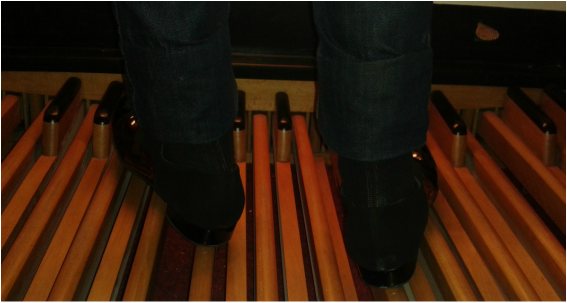
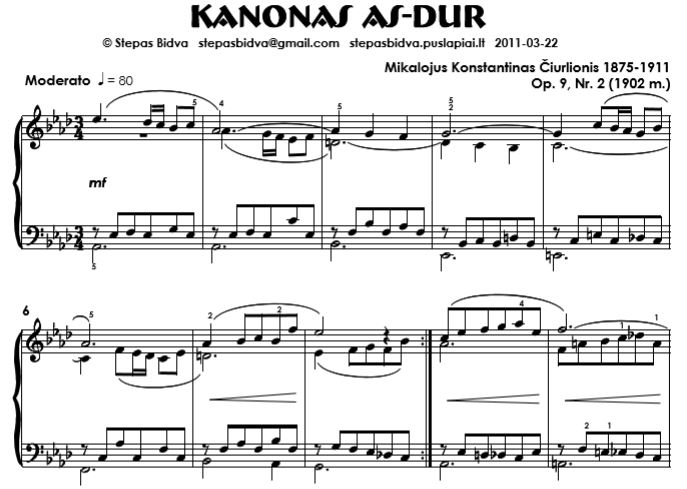
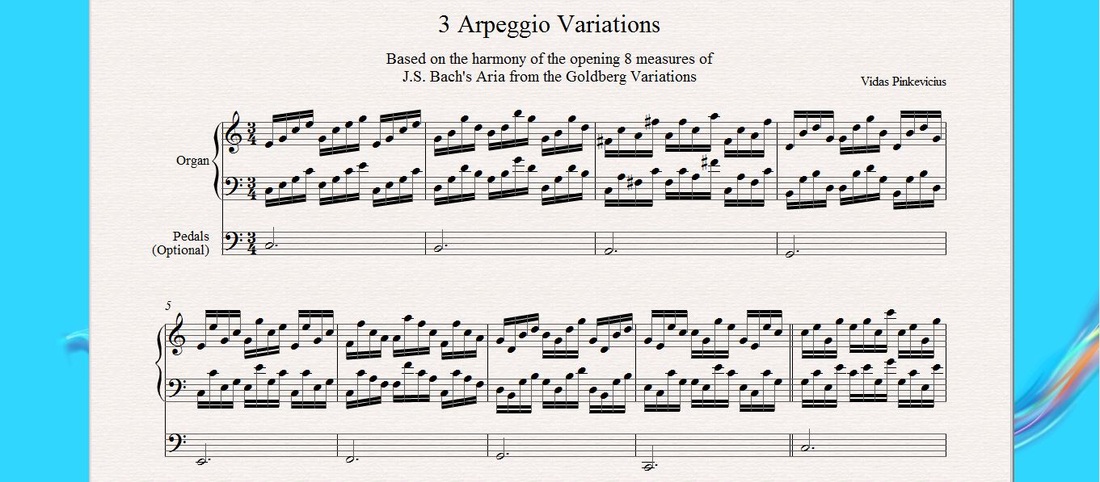
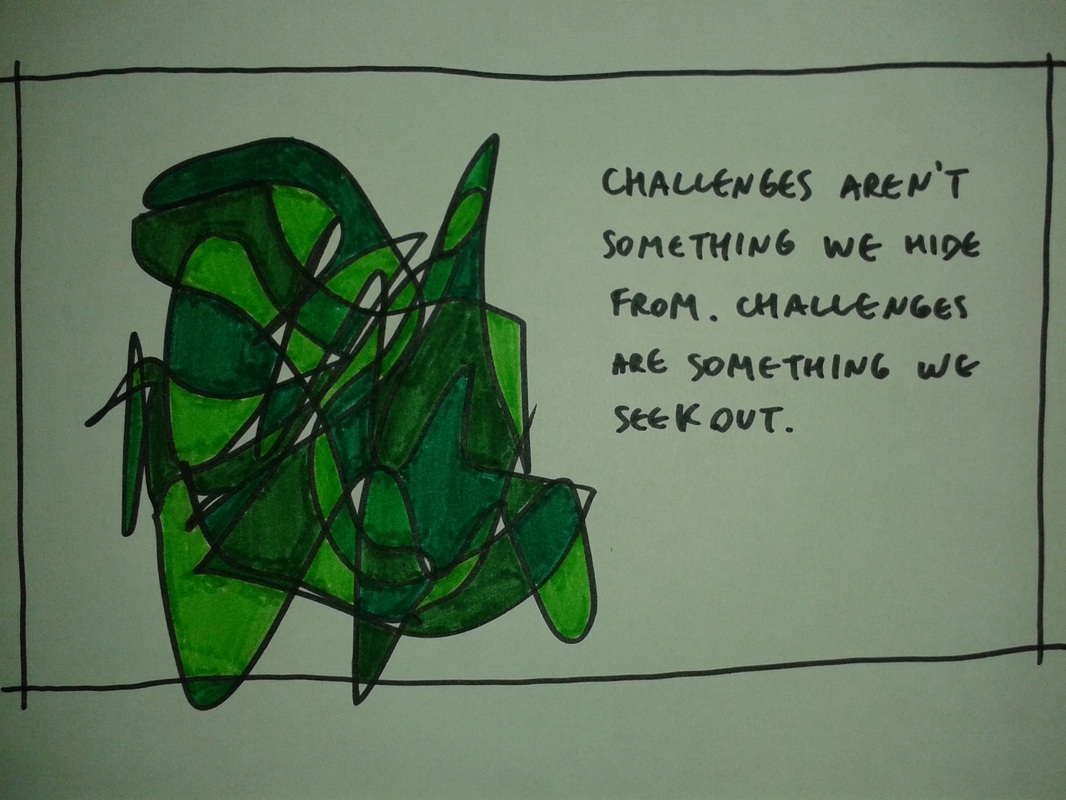
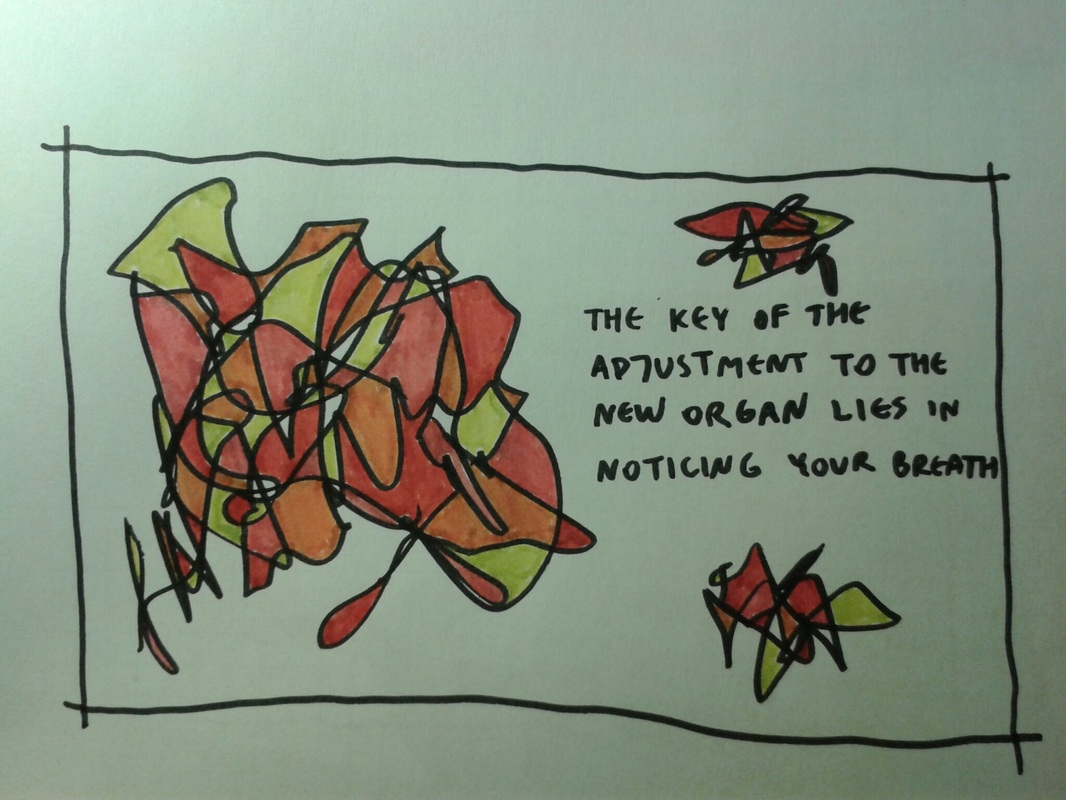

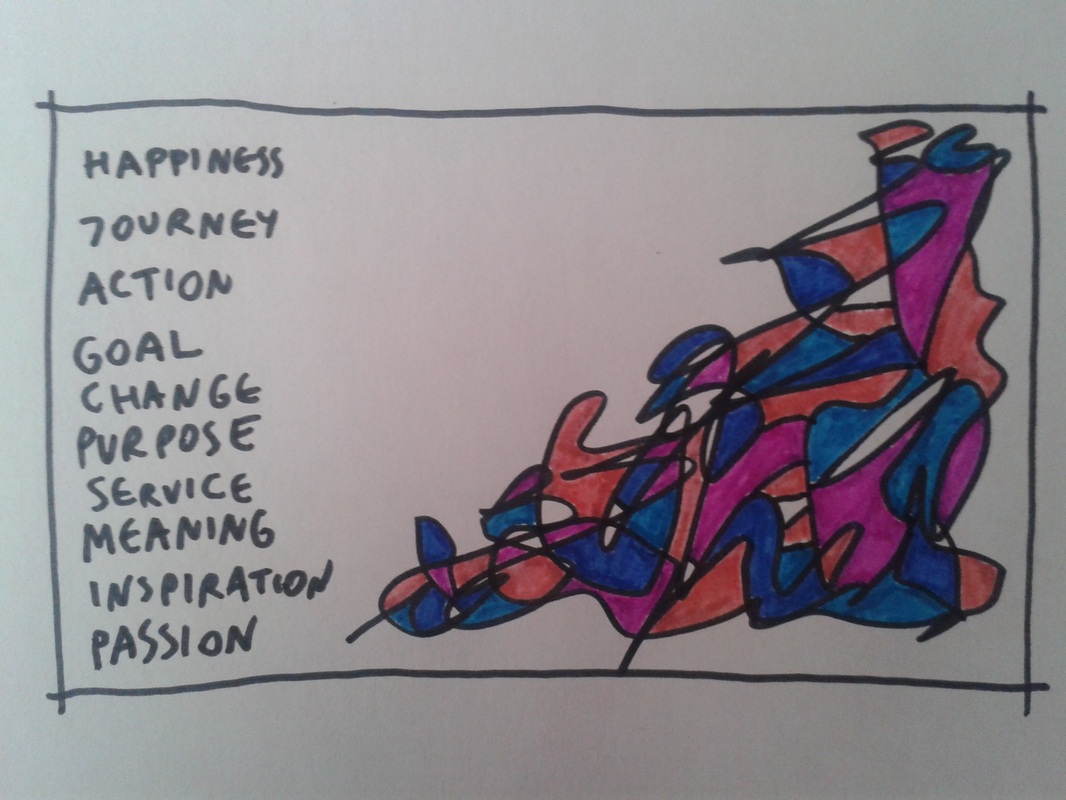



 RSS Feed
RSS Feed